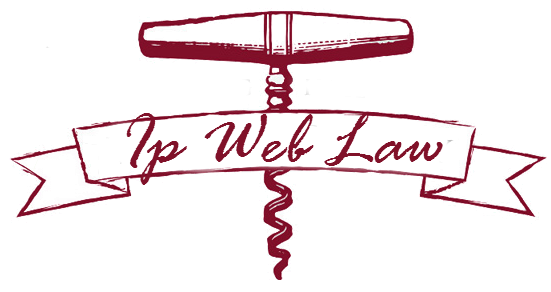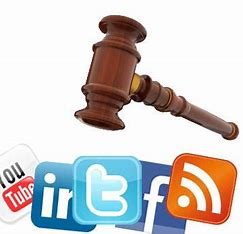Navigating the Intersection of Law and Social Media: A Modern Legal Challenge
In recent years, the intersection of law and social media has emerged as a pivotal arena for legal debates and challenges. As social media platforms become increasingly integral to our daily lives, they bring forth unique legal issues that demand attention and understanding. This blog post delves into the complexities of this intersection, exploring how laws are adapting to the digital age and the implications for individuals, businesses, and society.
 Privacy and Data Protection
Privacy and Data Protection
One of the most significant legal concerns in the realm of social media is privacy and data protection. Users often share personal information on these platforms, making them vulnerable to data breaches and misuse. Laws like the General Data Protection Regulation (GDPR) in the European Union and the California Consumer Privacy Act (CCPA) in the United States have been implemented to protect personal data. However, the enforcement of these laws in the fluid and borderless world of the internet poses a challenge.
Intellectual Property Rights
Social media is a hotbed for the creation and sharing of content, raising critical issues about intellectual property rights. Users and creators often find themselves in disputes over copyright and trademark infringements. Navigating these issues requires an understanding of intellectual property laws and the specific policies of each social media platform.
Defamation and Free Speech
The ease of posting on social media platforms has led to a surge in defamation cases. Determining what constitutes free speech versus defamatory language is a nuanced process, especially when posts can go viral and cause significant harm. Legal systems worldwide grapple with balancing the right to free speech with the need to protect individuals from slander and libel.
Employment Law
Employers increasingly scrutinize the social media activity of their employees or potential hires, leading to new legal considerations in employment law. Questions arise about the extent to which an employer can base employment decisions on an individual’s social media presence, and the rights of employees to privacy and free expression.
 Regulating Misinformation and Hate Speech
Regulating Misinformation and Hate Speech
The spread of misinformation and hate speech on social media has become a global concern. Governments and legal bodies are exploring ways to regulate such content while respecting freedom of expression. The challenge lies in defining and identifying misinformation and hate speech, and in determining who is responsible for its moderation – the platform or the user.
Conclusion
The intersection of law and social media is a dynamic and evolving field. As technology advances, so must our legal frameworks and understandings. This confluence poses unique challenges but also offers opportunities for legal innovation. Whether you’re a social media user, a legal professional, or simply an interested observer, understanding the legal implications of social media is crucial in today’s interconnected world.

